Royalty Calculator for Blockchain IP Marketplaces
Calculate Your IP Earnings
Earnings Comparison
Traditional Licensing
Blockchain Licensing
Imagine you’re a small inventor who just built a new type of solar-powered water filter. You’ve got a patent, but getting it licensed feels impossible. Big companies won’t return your emails. Lawyers charge thousands just to draft a license agreement. And if someone copies your design overseas? Good luck proving you created it first. This isn’t a hypothetical problem - it’s the daily reality for millions of creators. Now, imagine selling that patent directly to a manufacturer in Kenya, with payment auto-released the moment their factory starts using it. No middlemen. No delays. No paperwork. That’s what blockchain IP marketplaces are doing today.
How Blockchain Changes Who Owns Your Ideas
Traditional patent offices take months, sometimes years, to register an invention. Even then, the record is centralized - controlled by government agencies that can be slow, expensive, or inaccessible in developing countries. Blockchain flips this model. Instead of trusting a single authority, you trust a public, tamper-proof ledger. When you upload your invention’s details - schematics, descriptions, timestamps - the system generates a unique digital fingerprint and locks it onto the blockchain. This isn’t just a digital copy. It’s a permanent, unchangeable proof of creation. This matters because ownership disputes are the biggest headache in IP. A 2023 study by the World Intellectual Property Organization found that over 60% of patent lawsuits last more than three years. Why? Because proving who invented what, and when, often comes down to paper trails that can be lost, forged, or buried in bureaucracy. On a blockchain IP marketplace, your timestamp is legally recognized across borders. No more ‘I had it first’ arguments. The ledger says it for you.Smart Contracts: The Automatic Royalty Engine
Licensing used to mean lawyers, emails, signed PDFs, bank transfers, and months of back-and-forth. Now, smart contracts handle it all. A smart contract is just code that runs automatically when conditions are met. Let’s say you license your water filter patent to a company in Brazil. You set the terms in the contract: $5 per unit sold, paid monthly. The moment their production system reports 1,000 units shipped, the contract triggers. $5,000 is sent directly to your crypto wallet. No invoicing. No chasing payments. No hidden fees. This isn’t theoretical. Platforms like IPwe and DEIP Ledger already let creators embed royalty rules directly into their IP listings. You can even set tiered pricing - more units sold means lower per-unit rates. Or you can require that any licensee must use eco-friendly materials. The contract enforces it. If they don’t, payments stop. This level of automation cuts licensing time from weeks to minutes.Open vs. Closed Marketplaces: What’s Right for You?
Not all blockchain IP marketplaces are the same. There are two main types: open and closed. Open marketplaces like GoChain allow any kind of IP - patents, trademarks, copyrights, even trade secrets. You can list a software algorithm alongside a song or a logo. These are great if you’re unsure where your asset fits or want to test the market. But they can be noisy. Finding the right buyer in a sea of digital art and industrial designs takes work. Closed marketplaces focus on one type of IP. IPwe, for example, specializes in patents and technical inventions. Their platform connects engineers, universities, and manufacturing firms. If you’re an inventor with a mechanical patent, this is where you’ll find serious buyers. NFT-based platforms like OpenSea have also started accepting IP rights tied to digital art. If you created a generative AI image and want to sell the commercial rights to it, those platforms are built for that. The choice comes down to your asset and your audience. If you’re selling a patent for a medical device, go closed. If you’re a musician trying to license your track for a TikTok ad, open platforms give you more exposure.
Why This Matters for Small Creators
Before blockchain, only big companies with legal teams could afford to monetize IP internationally. A single patent filing in the EU or US could cost $10,000. Small creators were locked out. Blockchain removes that barrier. You don’t need a law firm. You don’t need a U.S. address. You just need an internet connection and a crypto wallet. A textile designer in Indonesia recently sold the rights to a traditional weave pattern on a blockchain marketplace. She got paid in Ethereum. Within 48 hours, a fashion brand in Berlin licensed it for a limited collection. No agent. No middleman cut. She kept 92% of the sale. That kind of access was impossible five years ago. The same applies to software developers. A freelance coder in Nigeria built a lightweight AI tool for crop disease detection. He listed it on a blockchain IP platform. A nonprofit in Kenya bought the license. Royalties are now automatically paid every time a farmer uses the app. He never had to travel, never had to negotiate in person. The code did it for him.What You Need to Get Started
Getting onto a blockchain IP marketplace isn’t hard, but it’s not like uploading to Etsy. Here’s what you need:- A digital wallet (MetaMask or Trust Wallet are most common)
- A clear description of your IP - patents need serial numbers, art needs file formats
- Proof of ownership - this could be a government-issued patent, copyright certificate, or even a notarized declaration
- Understanding of gas fees - blockchain transactions cost small amounts of crypto to process

The Hidden Risks (And How to Avoid Them)
Blockchain isn’t magic. It solves some problems but creates new ones. First, legal recognition isn’t universal. While blockchain timestamps are accepted as evidence in some courts (like in Estonia and Singapore), others still require official government registration. Don’t assume your blockchain record replaces a patent. Use it as proof of creation, not as your only defense. Second, scams exist. Fake platforms promise to “sell your patent for free” and then steal your wallet keys. Always check: Does the platform have a public team? Do they list real clients? Are they registered with any industry group? Avoid platforms that ask for your private key. Third, interoperability is still messy. Your IP token on IPwe might not work on DEIP Ledger. If you plan to sell across platforms, stick to ones that support open standards like ERC-721 or ERC-1155. And finally - royalties aren’t automatic if the licensee doesn’t report sales. Some platforms now integrate with IoT sensors or production software to track usage in real time. If yours doesn’t, you’ll still need to trust the buyer to report accurately.The Future Is Already Here
This isn’t science fiction. In 2025, universities in Germany are using blockchain to license research patents directly to startups. Film studios are tokenizing movie scripts so fans can invest in and profit from sequels. Even fashion brands are selling IP rights to digital clothing designs as NFTs. The next big shift? Integration with government IP offices. The USPTO and EPO are testing blockchain pilots to verify patent applications in real time. Imagine filing a patent and having it instantly recorded on a public ledger - with no waiting period. That’s coming within two years. For creators, the message is clear: your ideas are more valuable than ever. But you’re no longer dependent on gatekeepers. The tools to own, protect, and profit from your work are now in your hands. All you need to do is start.Can I sell my patent on a blockchain marketplace without a lawyer?
Yes, you can list and sell your patent on a blockchain IP marketplace without a lawyer. Platforms like IPwe and DEIP Ledger let you upload your patent number and set licensing terms using smart contracts. However, while the platform handles the transaction, it doesn’t replace legal advice. If your patent is complex or valuable, consulting a lawyer to review your terms is still recommended - especially if you’re selling rights across international borders.
Do I need cryptocurrency to use a blockchain IP marketplace?
Not always. Many platforms now support fiat payments - you can use a credit card to pay listing fees and receive payouts in USD or EUR. However, if you want to buy or sell IP directly on the blockchain, you’ll need a crypto wallet and some cryptocurrency (like ETH or USDC) to cover transaction fees. Some platforms automatically convert your earnings to fiat, so you don’t have to manage crypto yourself.
Are blockchain IP rights legally enforceable?
Blockchain timestamps are accepted as evidence of creation in several countries, including Estonia, Singapore, and parts of the U.S. But they don’t replace official patent or copyright registration. Think of them as a digital notary - they prove you had the idea on a specific date. To enforce rights in court, you still need to file with your national IP office. Blockchain strengthens your case, but doesn’t replace it.
Can I license my music or art on a blockchain IP marketplace?
Absolutely. Platforms like OpenSea, Zora, and Catalog allow artists to tokenize their music, digital art, and multimedia works as NFTs. You can sell the full copyright or license specific rights - like commercial use for ads or streaming on YouTube. Smart contracts can automatically pay you royalties every time your song is played or your image is used. This is one of the fastest-growing areas in blockchain IP.
What happens if someone copies my IP after I sell it on a blockchain marketplace?
Selling your IP doesn’t mean you lose all rights - it depends on what you sold. If you sold full ownership, the buyer owns it. If you licensed it, you still own the original. The blockchain record proves your original creation date, which you can use in court to prove infringement. Buyers who violate licensing terms can be tracked through the ledger, and smart contracts can be coded to automatically freeze payments if usage exceeds agreed limits.
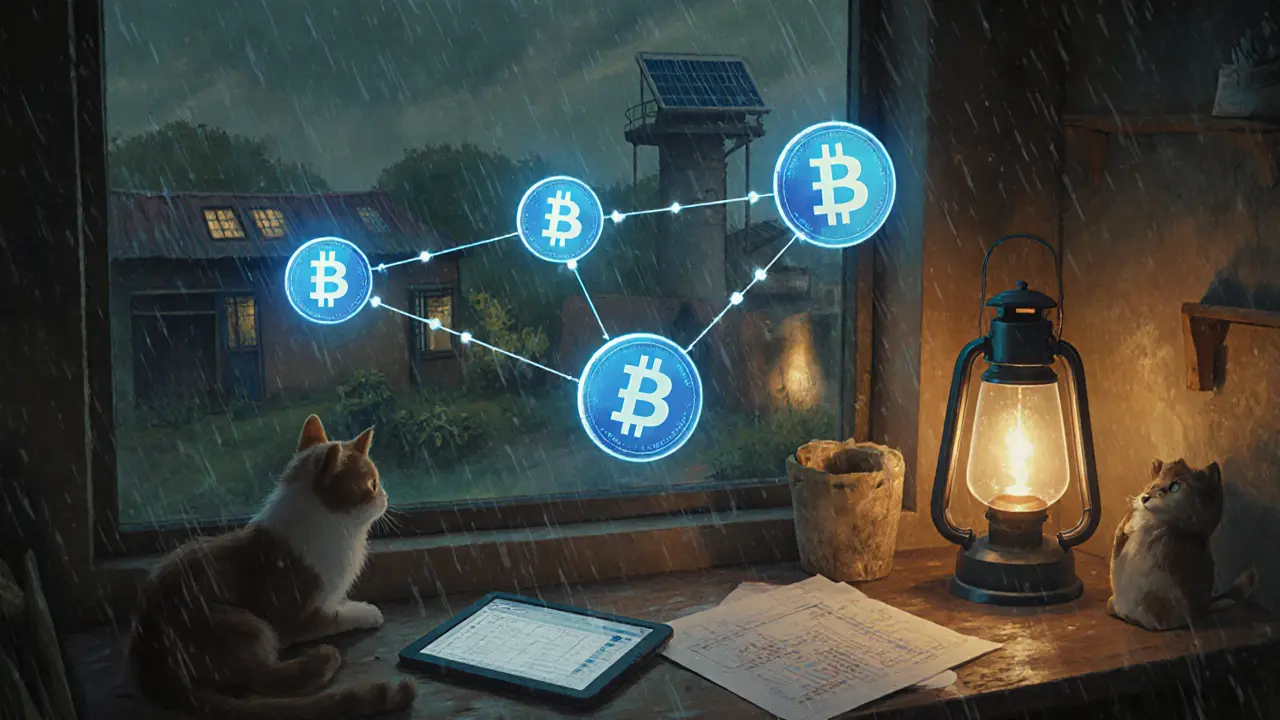
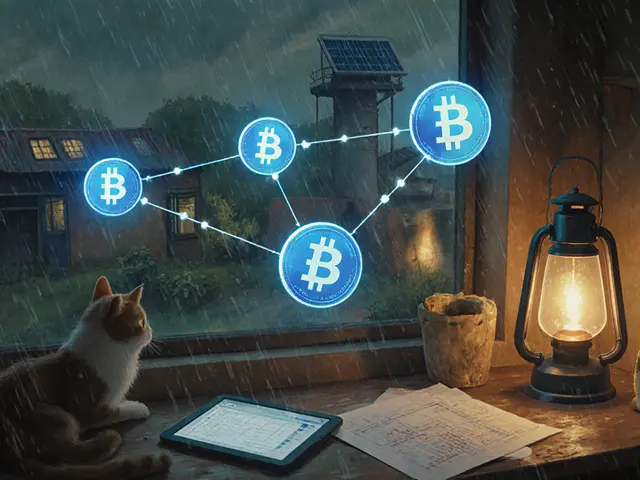
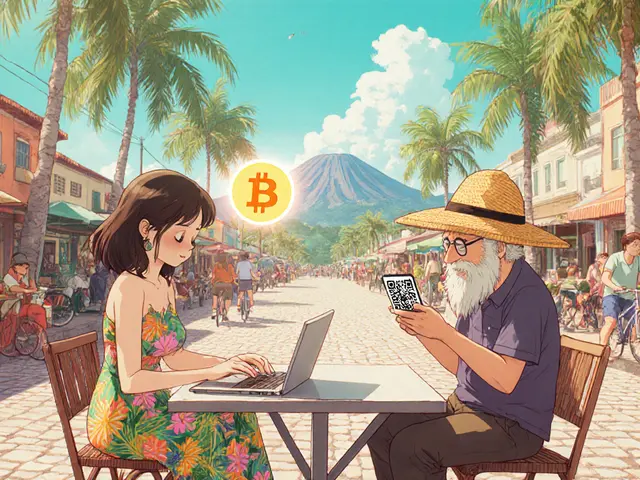
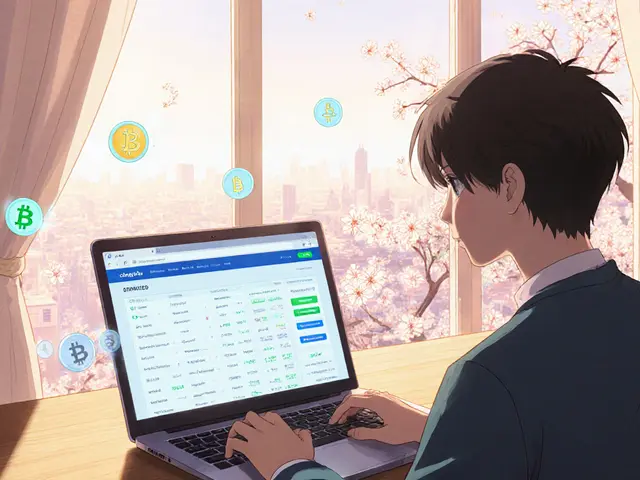
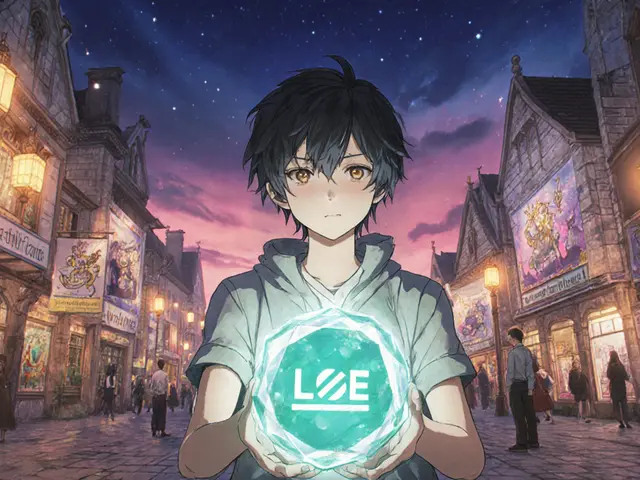
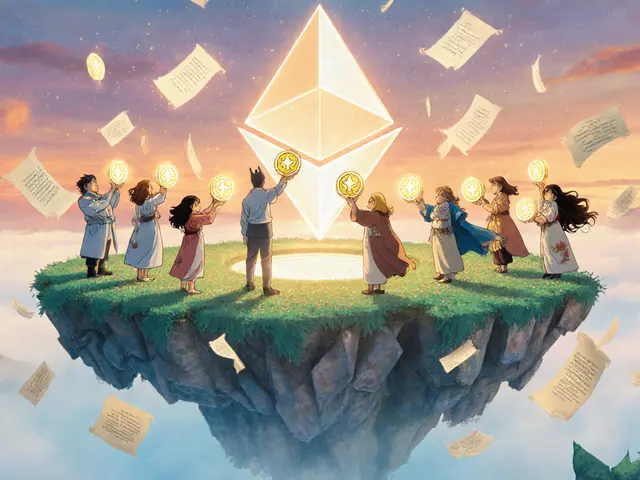
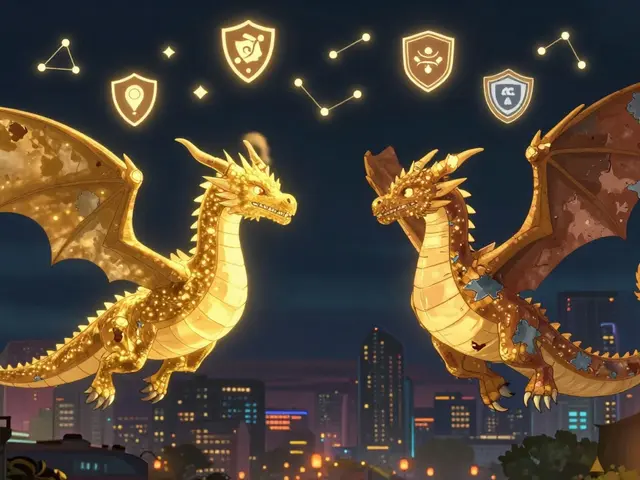
Write a comment
Your email address will be restricted to us